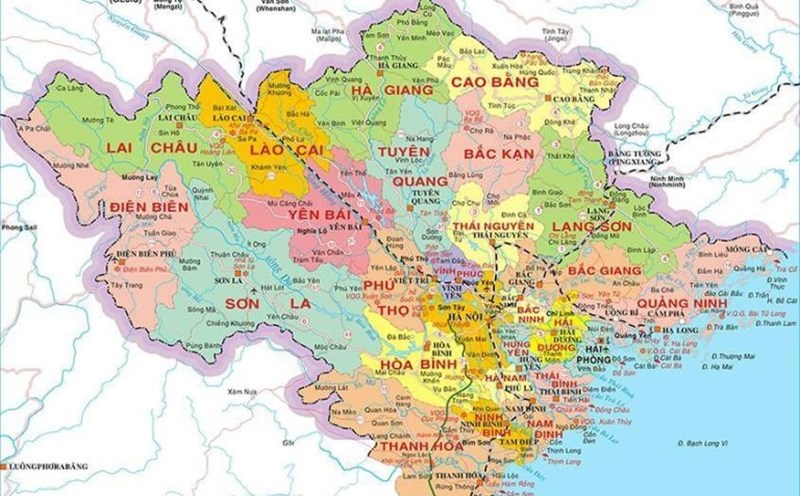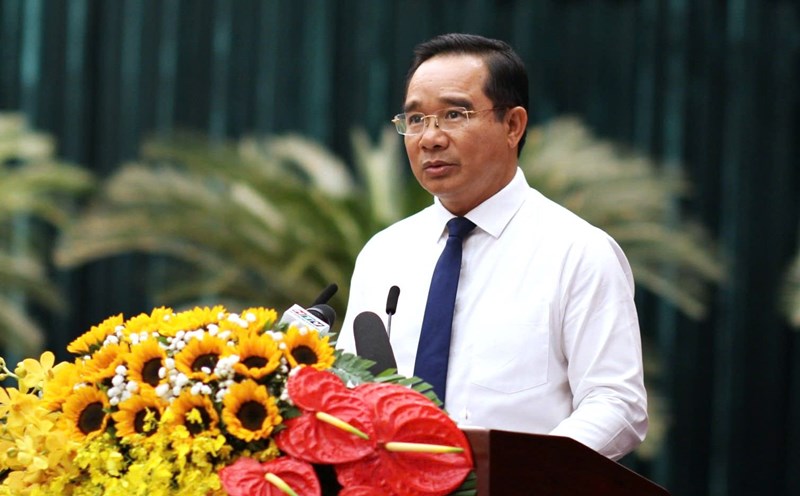The Vietnam Association of Realtors (VARS) said that high and "dizzying" housing prices in recent times, while people's incomes have not improved correspondingly, have led to a continuous decline in housing affordability in Hanoi.
According to VARS, middle-income earners in Hanoi may have to put their dream of owning a home on hold or look for opportunities in areas with lower housing costs, as many do not earn enough to buy a home or cannot keep up with monthly mortgage payments when taking out a home loan.
Especially in the context of the economy facing many challenges, many people are worried about the ability to increase income.
According to data from the General Statistics Office, the average monthly income of workers in Hanoi in the third quarter of 2024 reached 10.7 million VND/month.
VARS assumes that a household of 4 people, including 2 people of working age, will have a total household income of about 21.4 million VND/month.
With the primary price, the average apartment in 2024 is about 70 million VND/m2. Newly opened projects are priced from 60 million VND/m2 or more. To be able to buy an apartment in Hanoi, home buyers in Hanoi need an income ranging from 45 - 210 million VND/month, depending on the price of each area.
The significant gap between actual average income and house prices makes home ownership in Hanoi today a challenge for the majority of middle-income and high-income households, many of whom cannot afford to buy a house.
Meanwhile, in the market, there are some investors who are borrowing money from banks to "hold" apartments waiting for prices to increase.
Mr. Nguyen Duc An (42 years old, in Thanh Xuan) said that with about 5 billion VND in finance, in mid-2024, he borrowed more from the bank to buy 2 apartments with a total investment of 7.8 billion VND in Ha Dong district and Hoai Duc district (Hanoi), both for rent and waiting for price increase.
Mr. An said that recently, the price of used apartments has increased quite a lot. In addition to the monthly income, his apartment has increased by 300 million VND even though he bought it only half a year ago.
Although there are successful investors, experts warn that borrowing from banks to buy apartments is risky.
Mr. Nguyen Quoc Hung - Vice Chairman and General Secretary of the Banking Association - said that in 2024, nearly 2 million billion VND of additional bank capital will be injected into the economy, with a credit growth rate of nearly 16%. Of which, capital into the real estate sector will increase by over 20%, higher than the general credit growth rate of the economy.
"The problem is whether the money is lent to people who really need housing or to investors and speculators who borrow money to buy houses and manipulate prices. They already have houses but buy 3-7 more houses with the expectation of future price increases. This is a big risk for the future, for investors, real estate businesses and banks.
The lack of housing supply is real, but the bigger problem is that people who have real housing needs and need a place to live cannot buy a house, while a group of investors borrow money from banks to 'hold' dozens of houses. This is an issue that needs attention and clarification," Mr. Hung emphasized.
Mr. Hung warned investors who borrow money to "hold" apartments. If they push prices too high, they will face risks when they cannot sell them.











